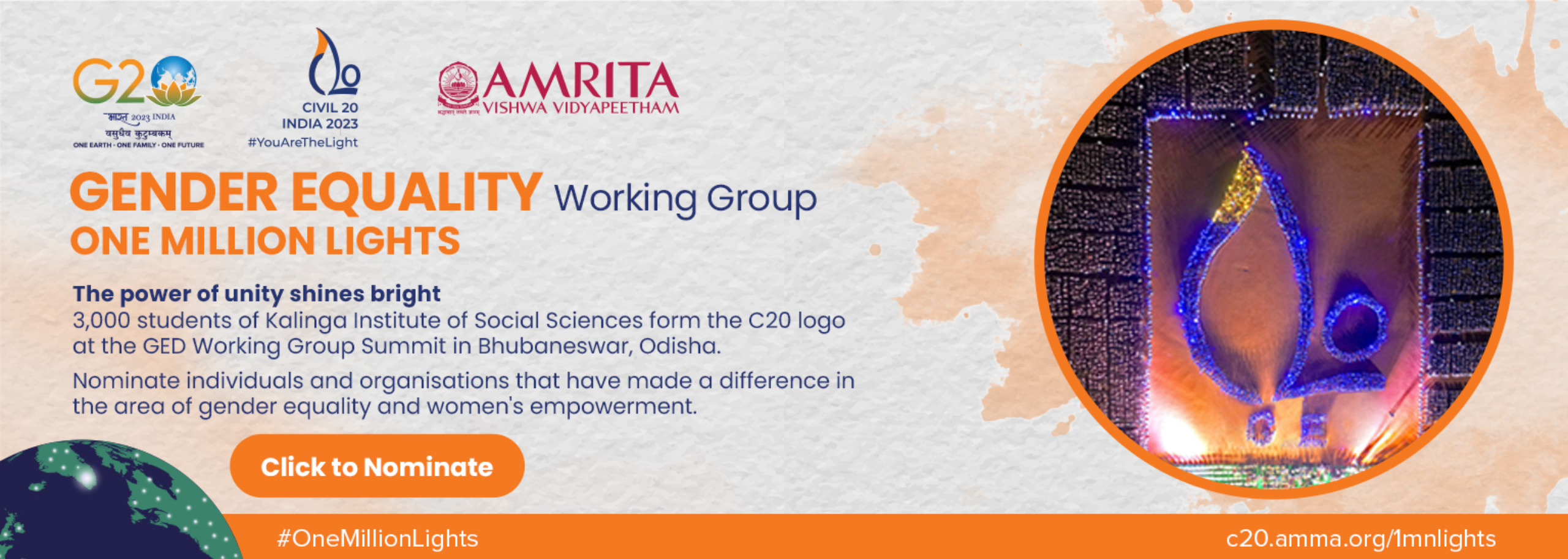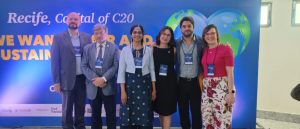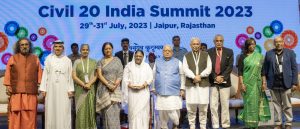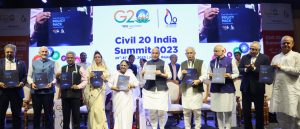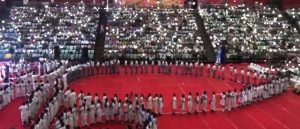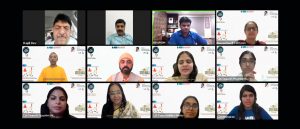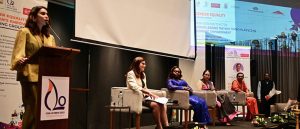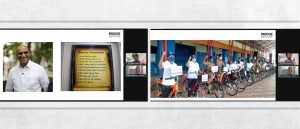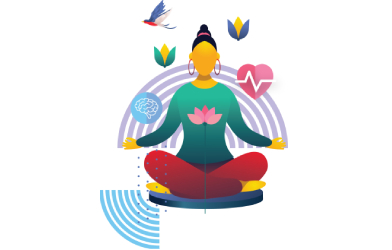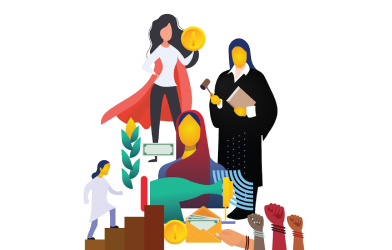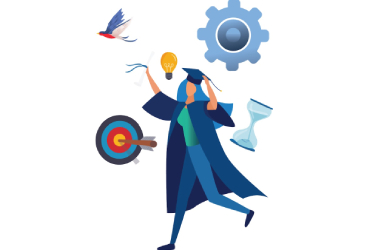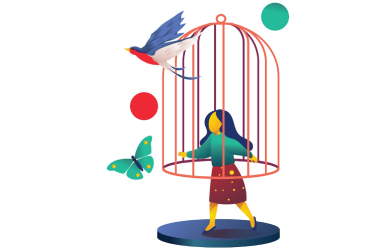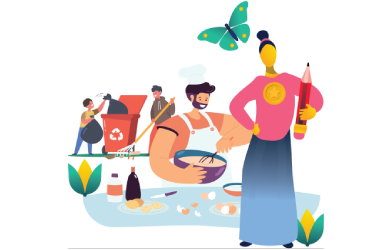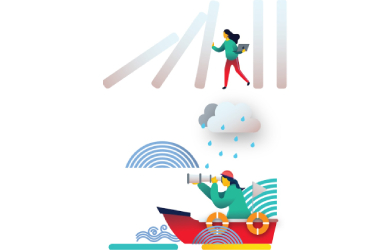Make Your Voice Heard at the G20 Summit
Final Working Group Reports
About us
Gender Equality & Women’s Empowerment (GEWE) Working Group is committed to holistically examining and addressing the multifaceted dimensions of inequalities and disadvantages experienced by the genders and those with physical and/or mental disabilities (regardless of gender). In doing so, the GEWE Working Group intends to reinforce an approach to equality and development through an understanding that mutual respect and compassion are to be at the core of global governance for societies and the planet to flourish sustainably. Through this lens, the GEWE Working Group will deliberate on access to education, healthcare, financial and environmental resources, decent work, infrastructure, and decision-making; systemic issues such as discrimination based on gender or ability, gender-based violence, lack of representation, and economic disparities. Themes such as women’s role in the environment, men’s positive involvement in the gender equality process, sensitisation, and awareness towards gender will be all-encompassing in given priority areas. Furthermore, plausible policy pathways, promising practices, and institutional mechanisms will be highlighted to enhance capacities and resources and mainstream equity and inclusion across sectors.
Upcoming Events
Past Events
Working Group Sub Themes
Over the following months, the Working Group on Gender Equality will be focusing on access, opportunities, awareness, and empowerment in the following areas:
Working Group Coordinators
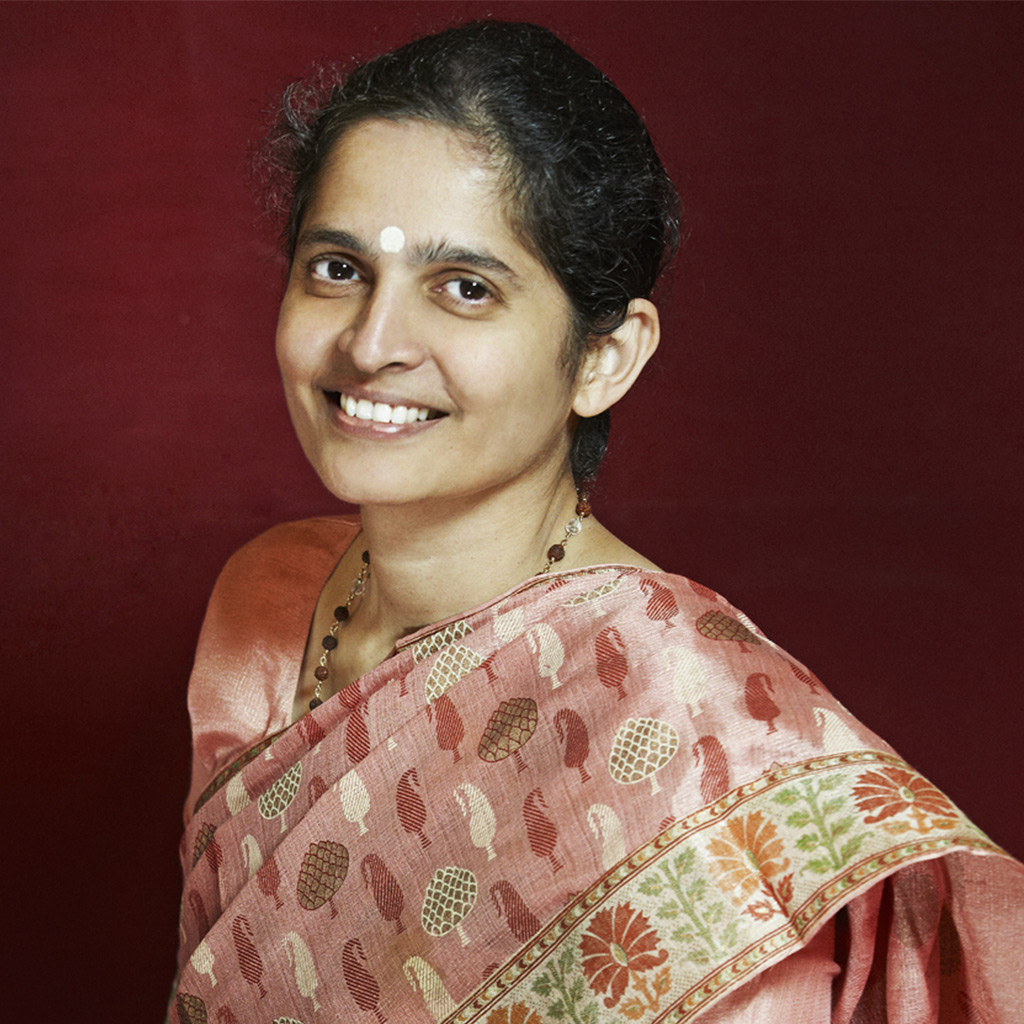
Bhavani Rao R.
India Coordinator
Dean, Social & Behavioural Sciences and UNESCO Chair in Gender Equality and Women’s Empowerment, Amrita University, India
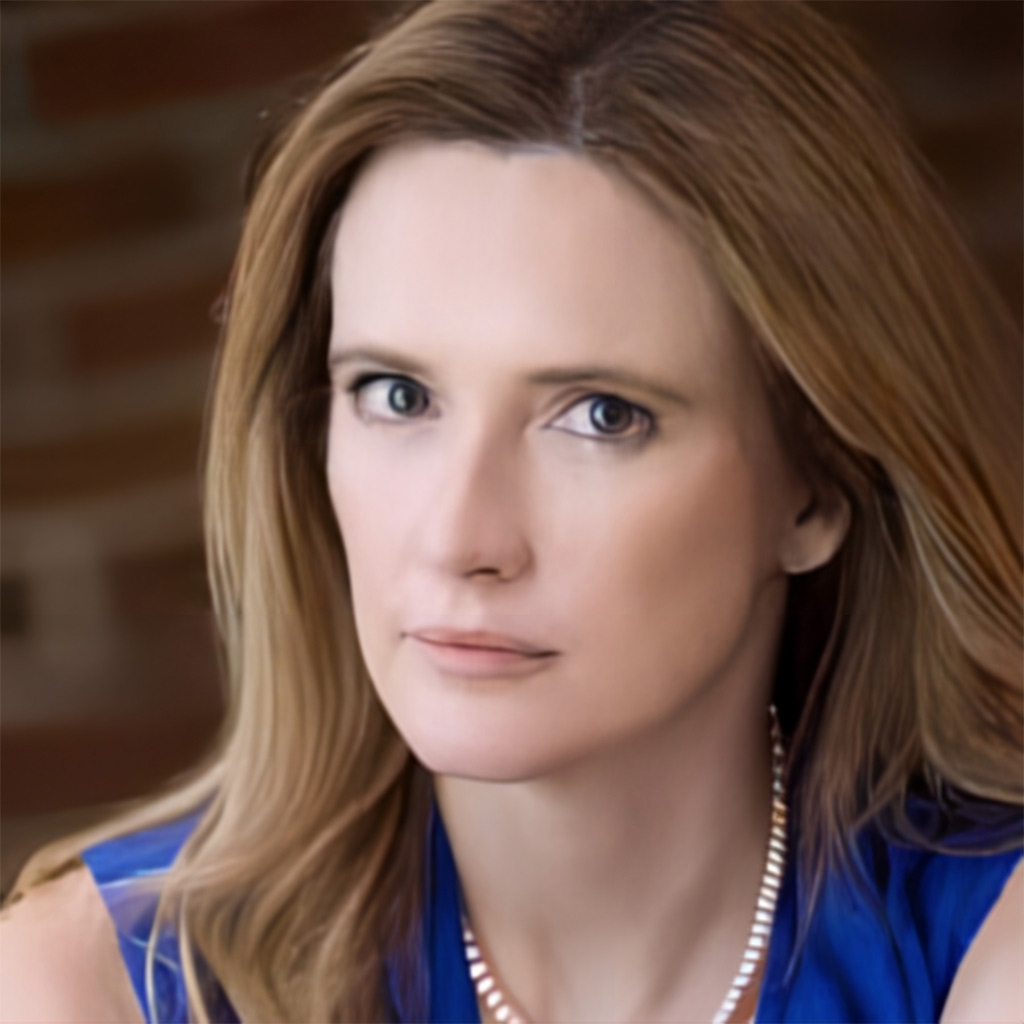
Meg Jones
International Coordinator
Chief, Economic Empowerment, UN Women
UDAAHARANS
Advisory Board Members
Amb. Gopinathan A
JIU, UN, India
Naila Chowdhury
Cure Violence Global, and Chairperson, Women 4 Empowerment, US
Uma Mahadevan Dasgupta
Ela Ionescu
Hon’ Meera Khadakkar
India
Anjali Menon
Kara Molinari
Coach and Activist for Women’s Empowerment, France
Deepa Narayan
Priti Patkar
Prerana, India
Sw Amritajyoti Prana
Sw Dayamritananda Puri
Charu Sinha
Medha Somaiya
MAD’s Solutions and Services for Social Initiatives, India
Gabriella Wright
Never Alone, US
Risnawati Utami
Indonesia
Darmawan Prasetya
The Prakarsa, Indonesia
Daniel Hurstel
IFA
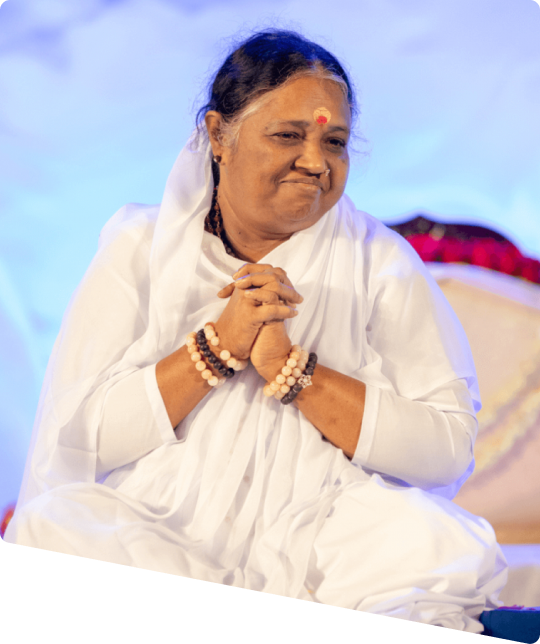
Message from the Chair, C20 India 2023
Our Inspiration
Sri Mata Amritanandamayi Devi ❤️
Our Partners & Advisory Members
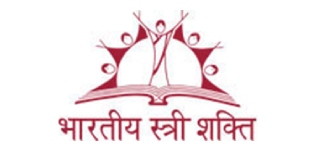
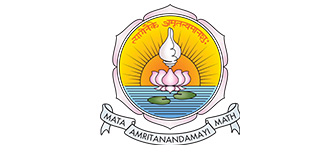
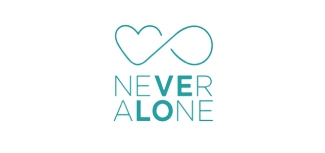
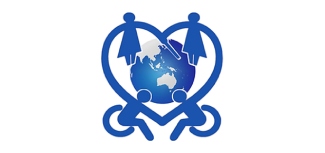
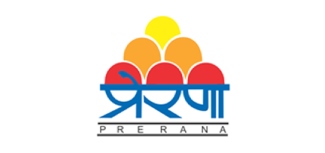
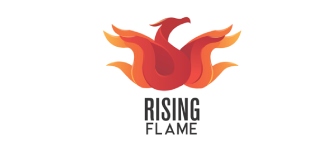
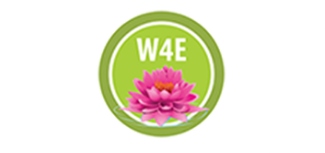
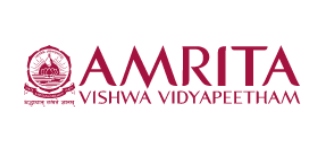
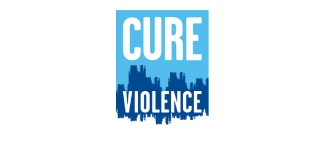

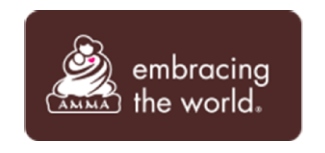
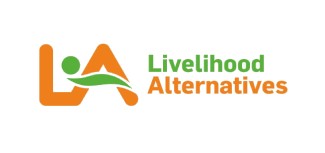
Contact Us
If you have questions about an upcoming event, or need more information about C20,
the Gender Equality group, we'd love to hear from you.
- Email: ge.c20india@am.amrita.edu
